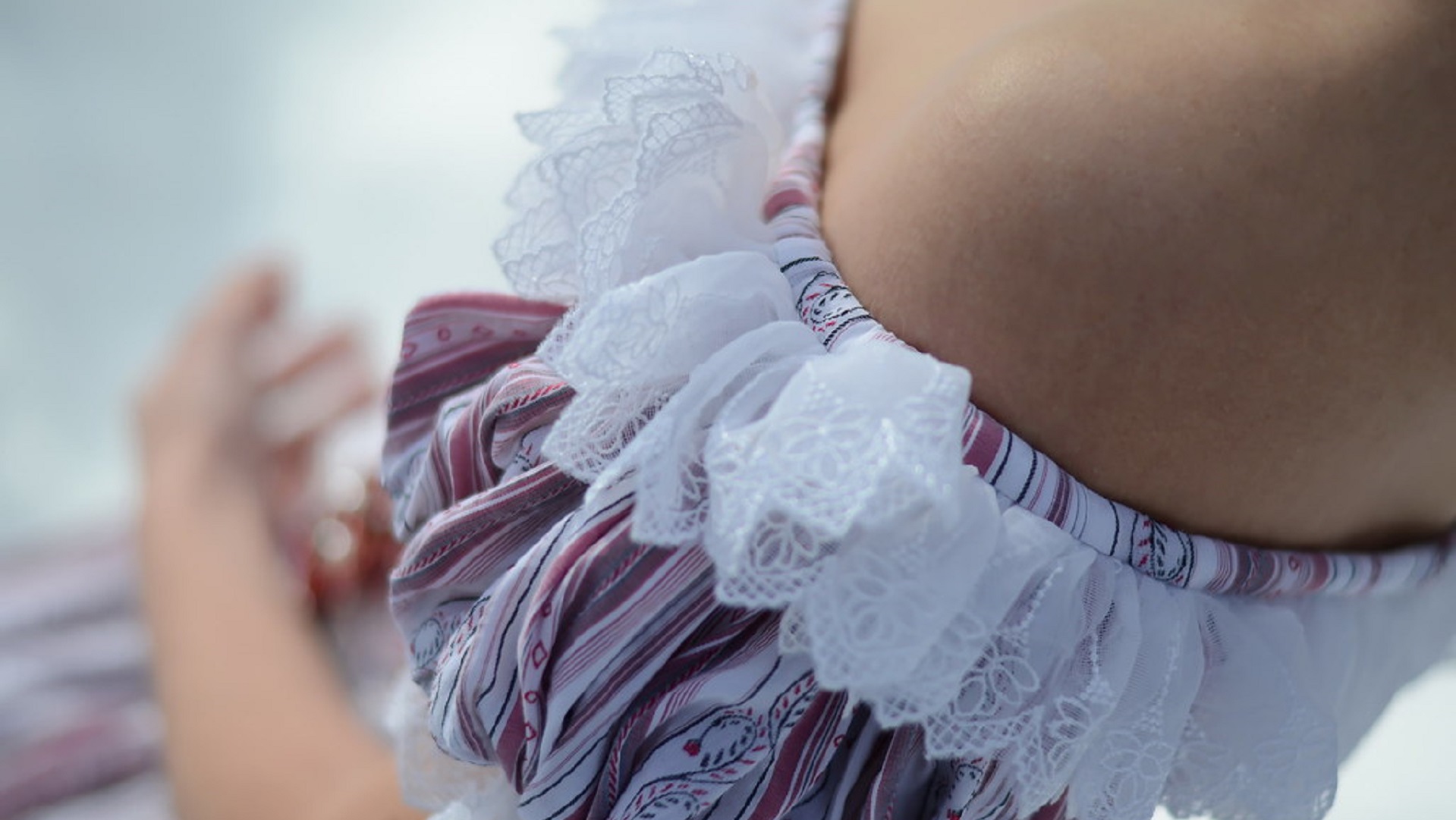The day before I opened Victoria Mas’ debut novel, The Mad Women’s Ball, Britney Spears was telling a US judge how she had been stripped of her human rights after her breakdown. So I was already thinking about the way in which women’s trauma is used to subjugate them as I embarked on this tale of life in Paris’s Salpêtrière asylum.
It is a gothic, feminist book inspired by the strange goings-on in the mental hospital in the late 19th century, when neurologist Jean-Martin Charcot held sway. The female inmates – some of them committed for prostitution – were exhibited like circus freaks to an audience riveted by their afflictions. In public ‘lectures’, Charcot would hypnotise his chosen patient until she entered a state of abandonment close to sexual frenzy.

The highlight of the year, for patients and public alike, was the masked ball at which the ‘mad’ women mingled with the Paris elite. It was a grotesque affair: a night of high excitement and humiliation. In their sumptuous costumes, the women felt glamorous, desired. But for the guests, the thrill was that of the voyeur, licensed to glimpse craziness at close quarters.
To these promising ingredients, Mas adds compelling characters: a nurse mourning the loss of her sister and a rebellious teenager whose only transgression is her ability to communicate with the dead. The Mad Women’s Ball is full of arresting tableaux: Geneviève the nurse, writing letters by lamplight; Thérèse, “the Tricoteuse”, her needles click-click-clicking through the mayhem. So cinematic is the novel it is already being turned into a film, directed by Mélanie Laurent of Inglourious Basterds fame.
Stylistically, it belongs to the Victorian era. Though written in French, it evokes the Brontës, with its dormitories, its phials and its ghosts. But thematically, it is bang up to date. The public appropriation of the Salpêtrière inmates’ ‘hysteria’ has contemporary echoes in the paparazzi shots of a shaven-headed Spears during her 2007 ‘meltdown’. Like Spears, arguably, many of the patients are pushed to the edges of sanity by the very forces that go on to declare them lacking in mental capacity.
Occasionally, Mas falls prey to the same fascination with ‘madness’ she sets out to critique. Mostly, though, she keeps the reader reflecting on the cruelties that put women in asylums (and conservatorships).









